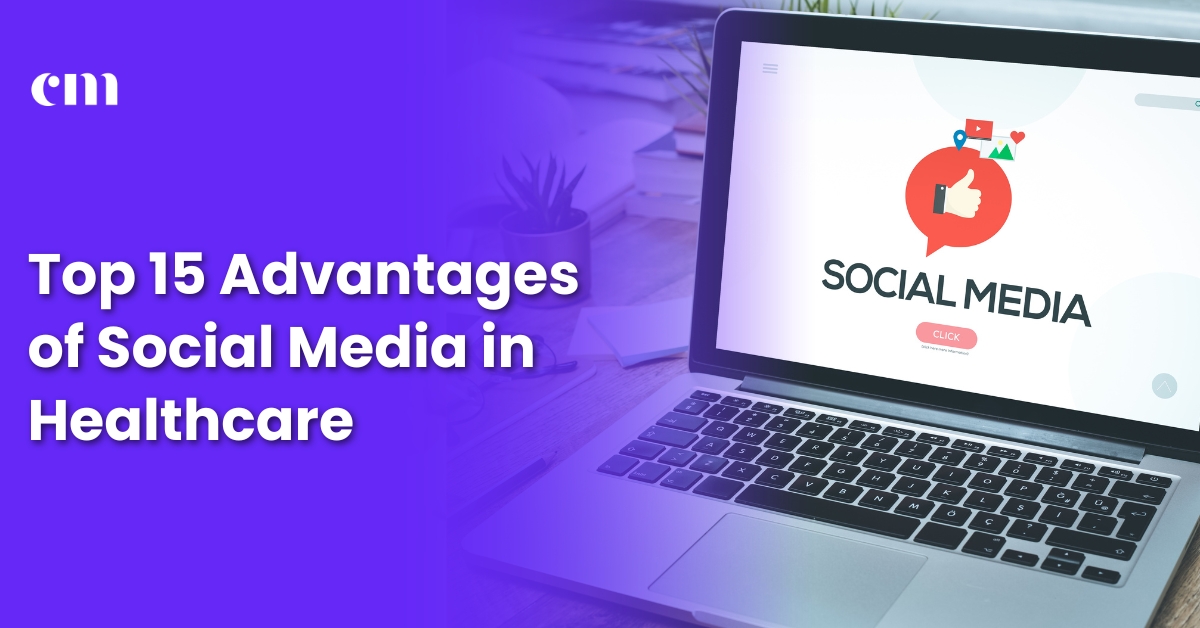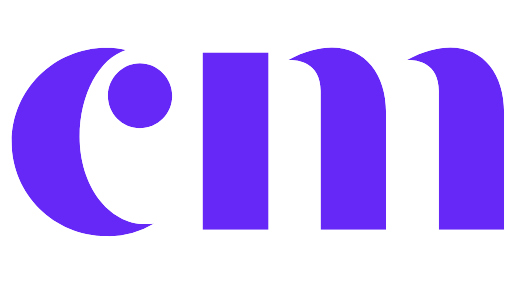The advantages of social media in healthcare have transformed the way healthcare providers, patients, and stakeholders interact. With the rise of platforms like Facebook, Twitter, and LinkedIn, social media’s role in healthcare has grown exponentially. Below are 15 key advantages that showcase how social media has become indispensable in the industry.
Contents
Toggle1. Improved Patient Education and Awareness
Social media allows healthcare providers to share crucial health information quickly and effectively. Platforms are used to disseminate educational content on disease prevention, treatment options, and lifestyle tips, improving public health literacy.
For example, campaigns on mental health awareness or vaccination drives can reach millions globally, fostering a more informed populace.
2. Enhanced Communication and Engagement
Healthcare organizations use social media to establish direct communication with patients. Patients can ask questions, participate in discussions, and access health-related content instantly. This engagement builds trust and encourages proactive health management.
3. Telemedicine and Remote Consultations
The growth of telemedicine, especially during the COVID-19 pandemic, has been fueled by social media. Through video consultations and messaging platforms, healthcare providers can offer medical advice remotely, reducing the need for in-person visits.
4. Health Campaigns and Global Outreach
Social media is instrumental in promoting global health campaigns such as World Heart Day or World Mental Health Month. By creating and sharing content that resonates across cultures, healthcare providers can raise awareness and foster public participation on a global scale.
5. Patient Support and Peer Communities
Patients often seek emotional support from peers going through similar health experiences. Social media platforms provide a space where patients can connect, share their journeys, and offer advice. Online communities like Inspire or PatientsLikeMe enable peer-to-peer support, improving patient well-being.
6. Recruitment and Professional Networking
Social media is increasingly being used for recruitment in healthcare. Platforms such as LinkedIn allow healthcare organizations to reach potential employees, while doctors and medical students can build professional networks and stay updated with industry trends.
7. Real-Time Monitoring and Data Collection
Healthcare providers can track health-related data shared by patients in real-time, allowing for better monitoring of chronic diseases. For instance, patients can log their blood pressure or glucose levels, which can be monitored remotely by healthcare providers.
8. Health Crisis Management
During health crises, such as pandemics, social media becomes a vital tool for sharing up-to-date information. It allows healthcare providers to disseminate critical information about symptoms, preventive measures, and treatment options, reaching the public faster than traditional media.
9. Enhanced Marketing and Public Relations
Healthcare providers use social media for marketing their services and enhancing public relations. By engaging with patients and the community, hospitals and clinics can build strong reputations and increase patient loyalty.
10. Combatting Misinformation
Social media plays a crucial role in combatting the spread of misinformation, especially in healthcare. By providing accurate, evidence-based information, healthcare providers can counteract false claims and health myths, ensuring patients make informed decisions.
11. Strengthened Public Health Initiatives
Through social media platforms, healthcare organizations can easily spread critical information during public health emergencies. For example, during the COVID-19 pandemic, hospitals and clinics used Facebook and Twitter to provide real-time updates about vaccination sites, protocols, and preventive measures.
Social media campaigns for public health awareness—such as anti-smoking initiatives or mental health support groups—reach a broader demographic, helping influence positive lifestyle changes.
12. Promoting Preventive Healthcare
By consistently promoting preventive healthcare measures on social platforms, healthcare providers help the public stay ahead of health risks.
Educational videos on platforms like YouTube and infographics shared on Instagram increase awareness of preventive health practices, such as regular screenings and vaccinations. Research indicates that digital health campaigns can contribute to improved health outcomes when properly implemented.
13. Facilitating Collaboration and Research
Social media allows healthcare professionals to collaborate on research projects globally. Physicians and medical researchers share clinical trial updates, case studies, and insights, breaking down geographical barriers.
Additionally, platforms like ResearchGate enable real-time sharing of medical literature, helping enhance innovation in healthcare.
14. Patient Empowerment and Self-Management
Social media platforms empower patients by providing them with information, tools, and peer support needed for effective self-management of chronic conditions. For instance, diabetic patients use apps and online communities to share their glucose levels and discuss challenges, making them more proactive in managing their health.
15. Virtual Health Education
Medical professionals and institutions now use social media to educate both patients and peers. From hosting live Q&A sessions to sharing medical tips via short videos, social media provides easy-to-access health education resources.
Medical students can follow healthcare influencers to gain insights, while patients can use the same content to learn about specific treatments.
Challenges to Address
While the advantages of social media in healthcare are immense, there are challenges such as privacy concerns, misinformation, and ethical issues that need careful attention. Healthcare providers must comply with regulations like HIPAA in the U.S. to ensure that patient data shared on these platforms is secure and confidential.
Misleading health advice can also spread quickly on social media, making it crucial for healthcare institutions to actively monitor and correct false information.
Concluding Thoughts: The Future of Social Media in Healthcare
The advantages of social media in healthcare offer immense potential to transform patient care, improve public health, and foster global collaboration among healthcare professionals. By leveraging its power responsibly, healthcare organizations can continue to enhance the overall quality of care, increase patient engagement, and make healthcare more accessible to diverse population.
However, addressing the risks associated with misinformation, privacy, and regulatory compliance is vital for the continued success of social media in healthcare.
If you’re looking to harness the power of social media to elevate your healthcare practice or organization, Crawl Math, a specialized healthcare marketing agency, can help. With expertise in building tailored social media strategies that ensure compliance with industry regulations and a focus on patient engagement, Crawl Math can help you maximize the impact of your online presence. Contact us today to discuss your marketing needs!


